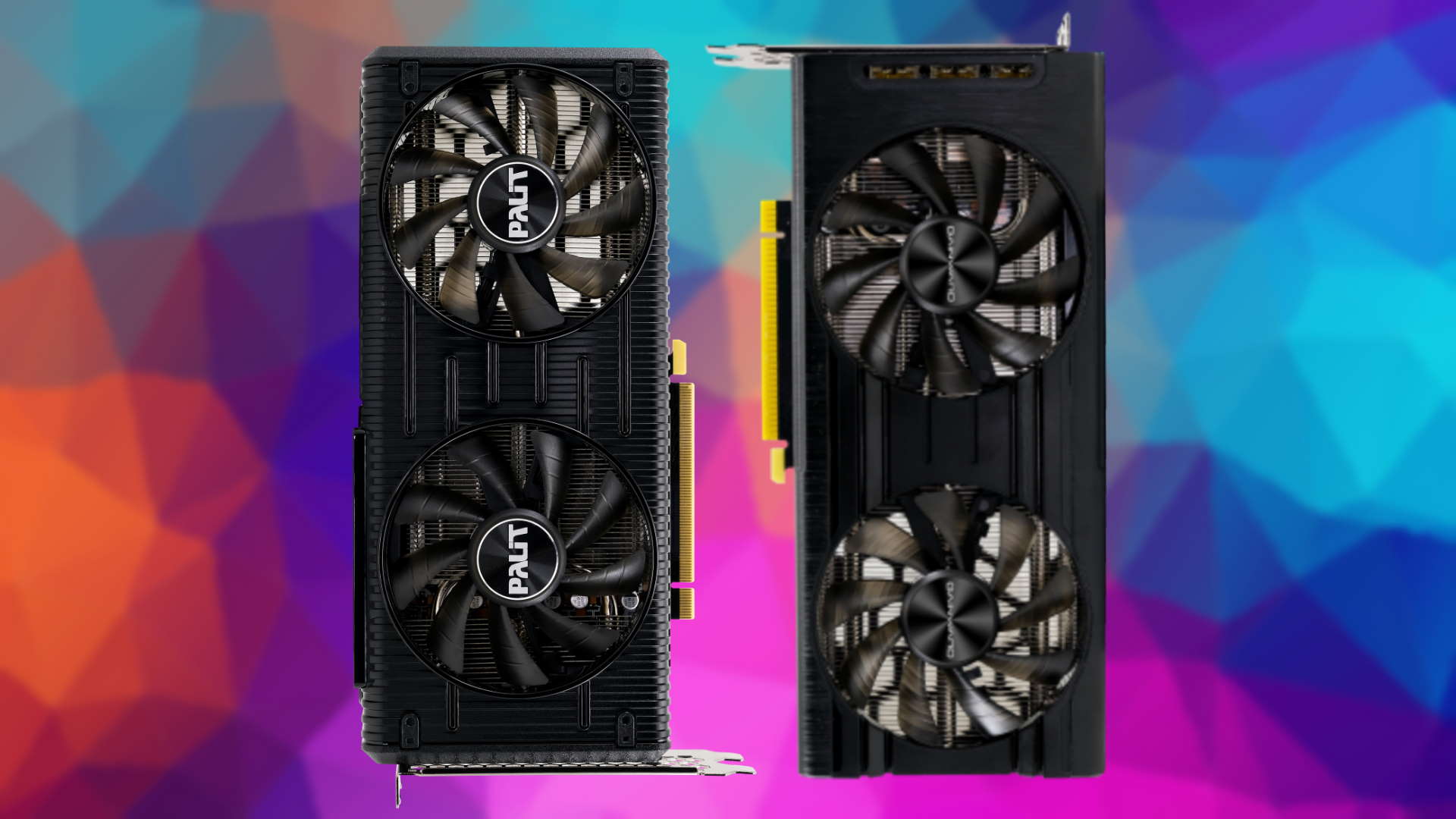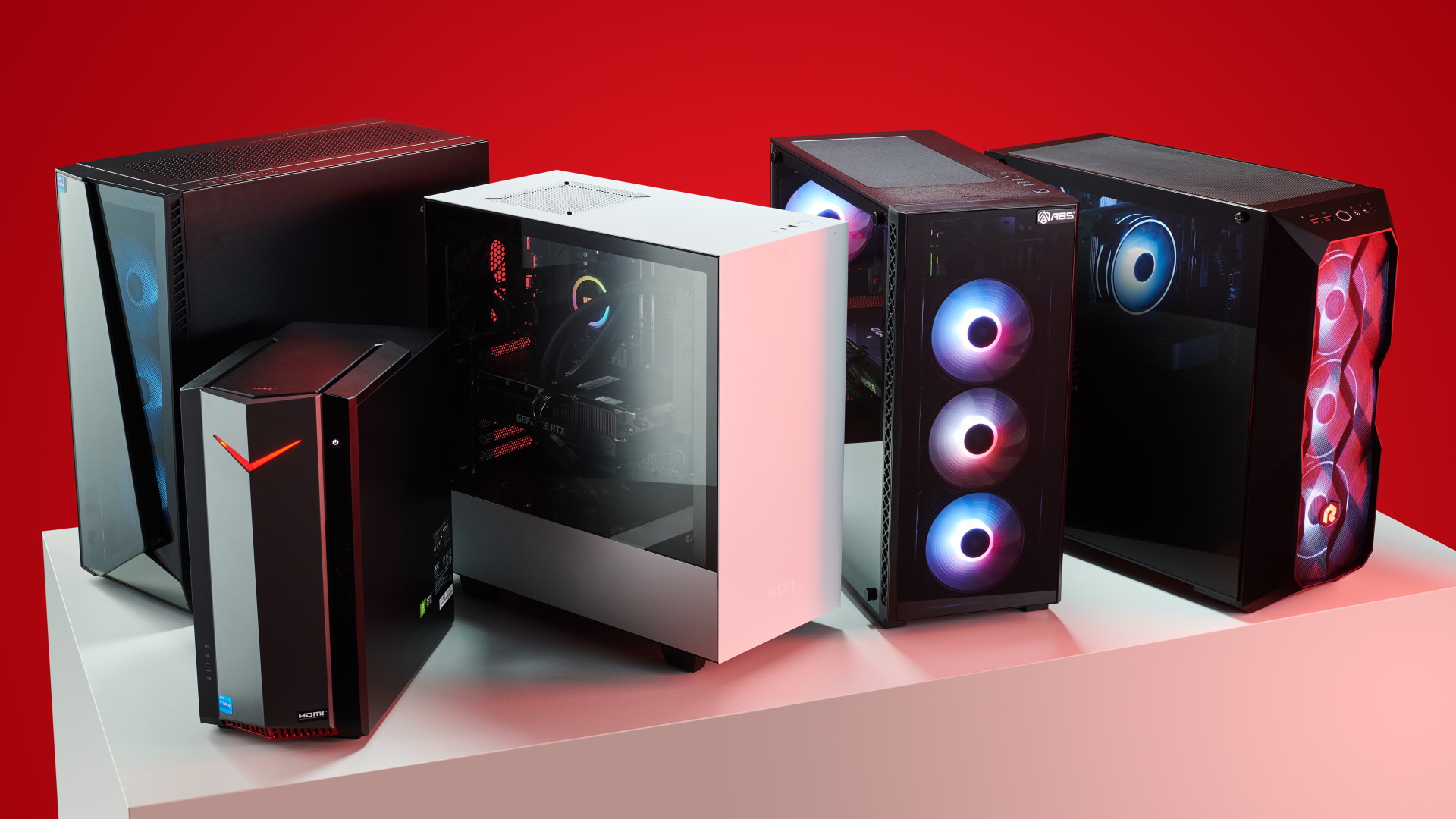Nvidia is still committed to its stalwart RTX 3060, making the prospect of a truly budget Ada card ever more distant
The good ol' mid-range marvel keeps on keeping on.

It's been nearly four years since Nvidia's original GeForce RTX 3060 first launched and despite the extra technology advancements brought in by the Ada Lovelace architecture, the evergreen mid-range card is still a popular choice. And now it looks like third-party vendors will keep on churning out new RTX 3060 models, with lower prices, thanks to a continued stream of chips from Nvidia.
The news that Nvidia is committed to shipping RTX 3060 chips through to the first quarter of next year, at the very least, was reported by Videocardz, and I have to say that's not a big surprise. The entire RTX 40-series has battled against constant criticism of being too expensive, not to mention that in the case of the RTX 4060, it wasn't massively faster than its predecessor.
At $299, its MSRP is better than the RTX 3060's $329 launch price, but that was during the pandemic, when everything PC-based was significantly more expensive than it should have been.
However, a quick search on Amazon will show you RTX 3060s as cheap as $289, whereas the newer RTX 4060 starts at the $300 mark. So if there's only an $11 difference between the two, why are third-party vendors still interested in creating new models on an old chip? I strongly suspect that Nvidia is selling the old Ampere GPUs at a really enticing price, which is probably why board partners are willing to carry out making new RTX 3060 models, with a drop in the MSRP too.
It's probably also a reaction to the fact AMD's last-gen Radeon RX 6000 cards are still selling well, especially the RX 6600 and RX 6700 XT. You can pick them up for around $190 and $310 respectively, so an RTX 3060 price at, say, $260 would be well received.
And there's one more reason for the RTX 3060's lifespan extension and that's the RTX 4050, or rather the lack of it. At the moment, the lowest tier Ada Lovelace desktop card is the RTX 4060 and it uses the same GPU (the AD107) as the laptop RTX 4050. That particular mobile GPU sports 512 fewer shaders, has half the amount of L2 cache, and one fewer memory controller for a 96-bit memory bus and 6GB of VRAM.

Best gaming PC: The top pre-built machines.
Best gaming laptop: Great devices for mobile gaming.
If Nvidia was going to release a desktop RTX 4050, using the same chip as the mobile one and priced around $200 to $240, they'd have a dead product on arrival. That's because it would actually be barely any faster than the old RTX 3050, unless it significantly ramped up the clock speeds.
The biggest gaming news, reviews and hardware deals
Keep up to date with the most important stories and the best deals, as picked by the PC Gamer team.
A cheap RTX 3060 solves this problem. Nvidia gets to keep all its AD107 chips for the RTX 4060, laptop RTX 4050, and RTX 2000 workstation products, and board partners get cheap GA106s to make a whole new series of funky models for various markets. Everyone's a winner, including us for a change.
It may well be four years old and not support DLSS with Frame Generation, but it's still a handy little graphics card. You can use FSR or DLSS upscaling with it, if you want extra fps or just run with fancier graphics, but it's a hard GPU to beat for 1080p gaming. It obviously won't still be around in another four years time but it'll be interesting to see if it's still being talked about this time next year!

Nick, gaming, and computers all first met in 1981, with the love affair starting on a Sinclair ZX81 in kit form and a book on ZX Basic. He ended up becoming a physics and IT teacher, but by the late 1990s decided it was time to cut his teeth writing for a long defunct UK tech site. He went on to do the same at Madonion, helping to write the help files for 3DMark and PCMark. After a short stint working at Beyond3D.com, Nick joined Futuremark (MadOnion rebranded) full-time, as editor-in-chief for its gaming and hardware section, YouGamers. After the site shutdown, he became an engineering and computing lecturer for many years, but missed the writing bug. Cue four years at TechSpot.com and over 100 long articles on anything and everything. He freely admits to being far too obsessed with GPUs and open world grindy RPGs, but who isn't these days?

